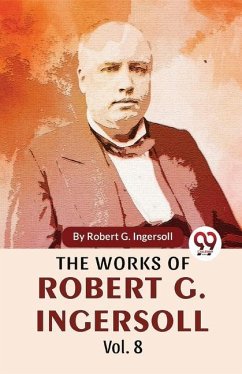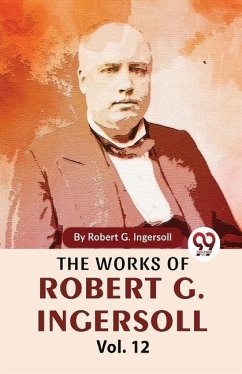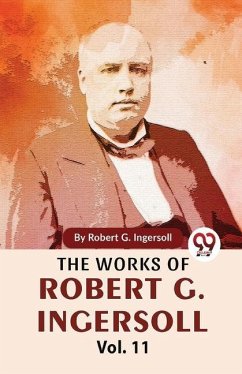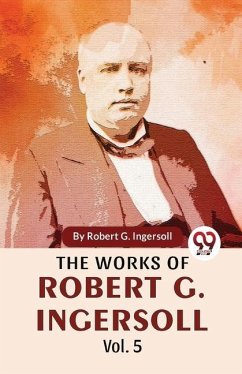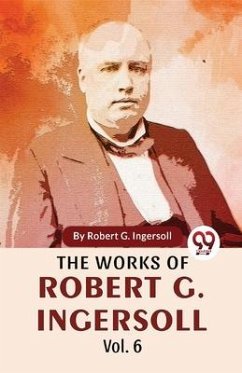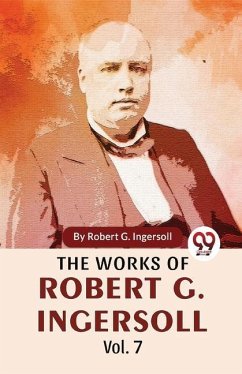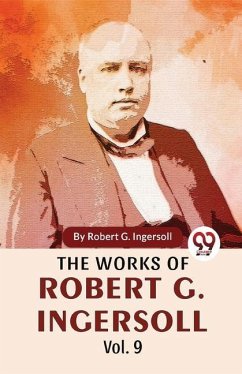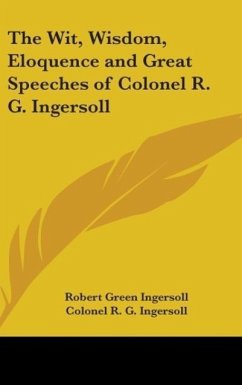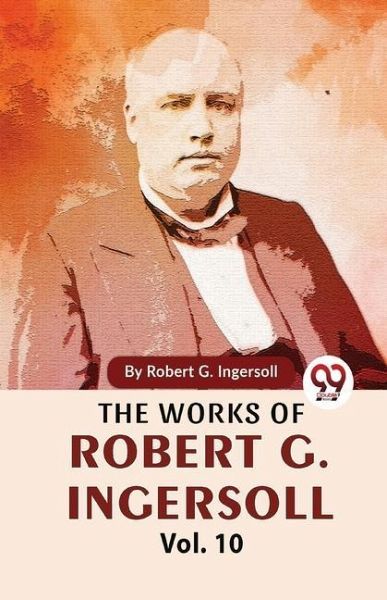
The Works Of Robert G. Ingersoll Vol.10

PAYBACK Punkte
10 °P sammeln!
"The Works Of Robert G. Ingersoll Vol.10" is a book wholly written by Robert G. Ingersoll, much like his earlier works, and it covers a wide variety of topics, including politics, science, literature, and religion. In the book, Ingersoll defends agnosticism and emphasizes his mistrust of religion, underlining the need of making judgments based on scientific data and reasoned reasoning. His work is praised for its elegance, levity, and rationality, and it is popular with both readers and scholars.





